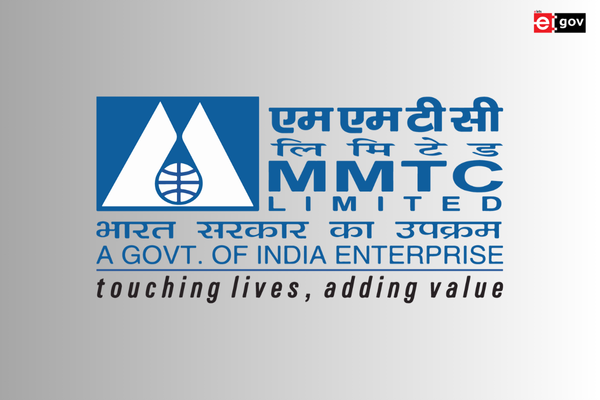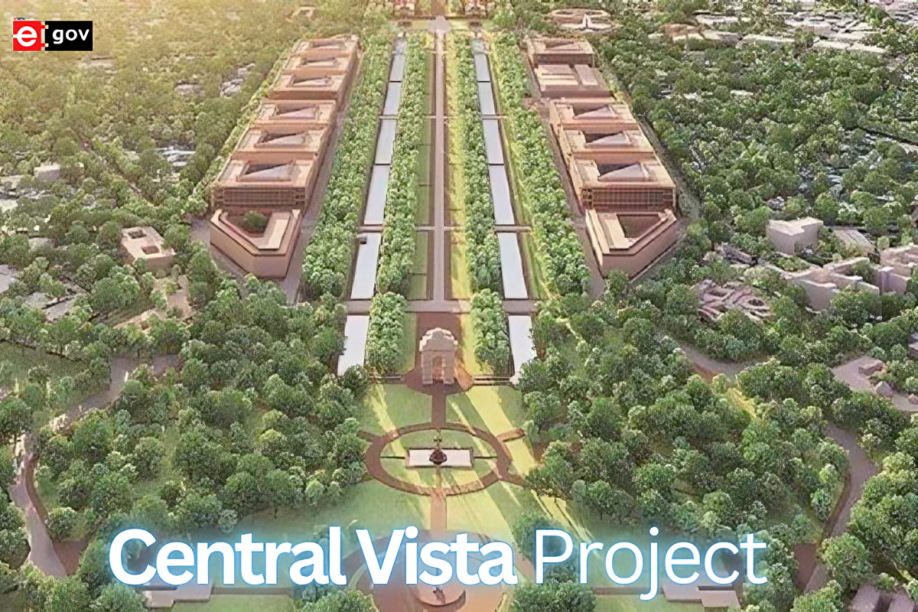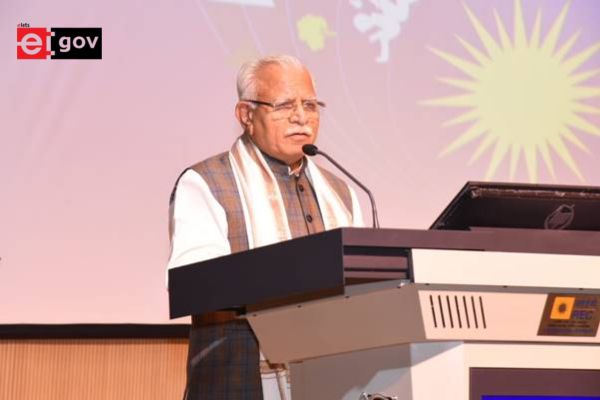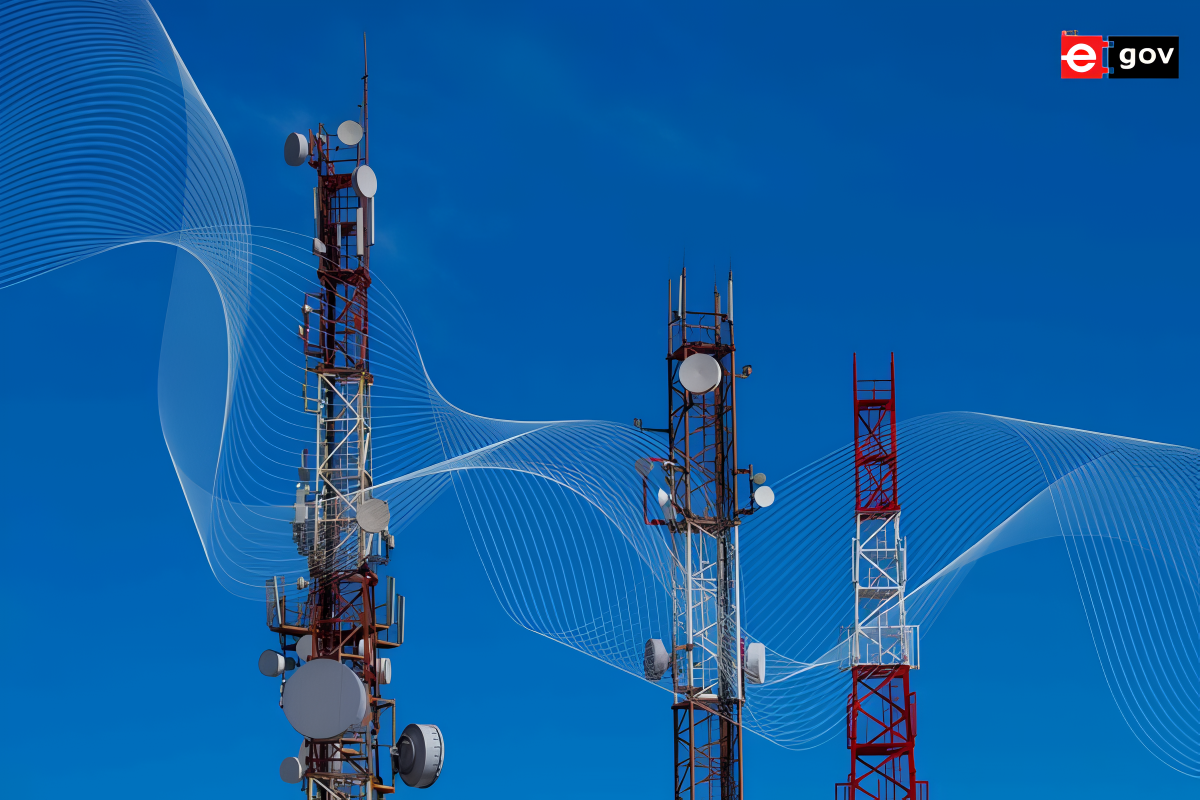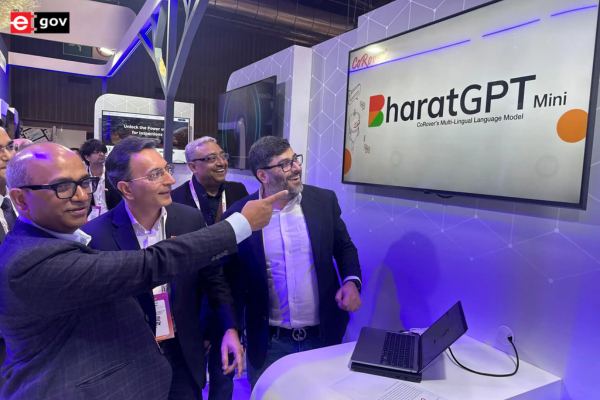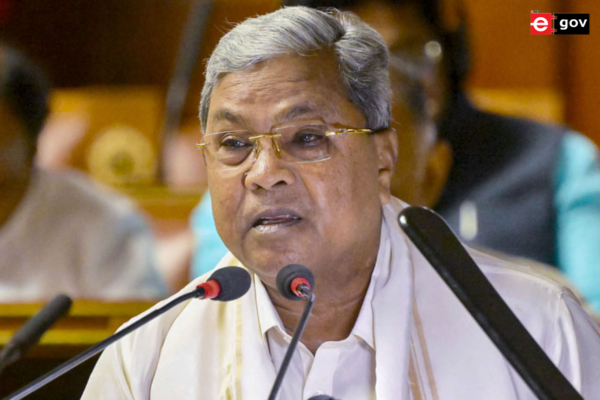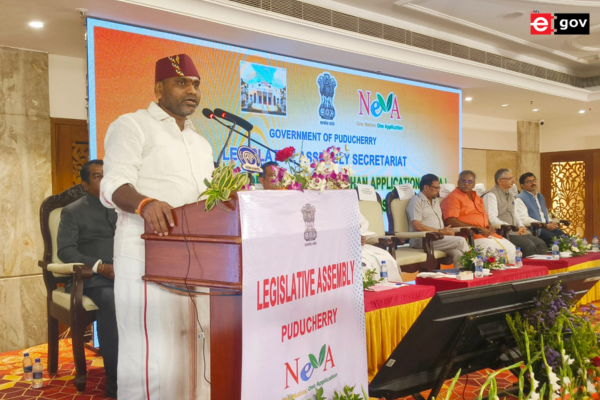
In a major step towards strengthening India’s transportation infrastructure, the Cabinet Committee on Economic Affairs (CCEA), chaired by Prime Minister Shri Narendra Modi, has approved two significant railway projects at a total estimated cost of ₹6,405 crore. These initiatives, aligned with the PM Gati Shakti National Master Plan, aim to expand the railway network by approximately 318 kilometres, covering seven districts across the states of Jharkhand, Karnataka, and Andhra Pradesh.
The first project, which involves doubling the Koderma–Barkakana line (133 km), traverses a major coal belt in Jharkhand. This section serves as the most direct and efficient rail link between Patna and Ranchi, and is expected to significantly reduce travel time and improve freight movement across the region. The second project involves doubling the Ballari–Chikjajur railway line (185 km), which passes through the Ballari and Chitradurga districts in Karnataka, as well as the Anantapur district in Andhra Pradesh. These enhancements are expected to bolster connectivity and operational efficiency while easing congestion on existing routes.

These multitracking efforts are designed to support comprehensive regional development, generate employment, and enhance logistics capabilities. During the construction phase, the projects are anticipated to create direct employment opportunities equivalent to around 108 lakh human-days. Additionally, they are expected to improve accessibility for nearly 1,408 villages, home to an estimated 28.19 lakh people.

The approved railway corridors are crucial for the transport of key commodities, including coal, iron ore, finished steel, cement, fertilisers, agricultural products, and petroleum. The augmentation of rail capacity is projected to handle an additional 49 million tonnes of freight annually, thereby increasing efficiency and supporting industrial and economic growth.

Environmentally, these projects are aligned with India’s commitment to sustainable development and reduced carbon emissions. By enhancing rail transport—a more eco-friendly and energy-efficient alternative to road transport—India stands to lower its oil imports by 52 crore litres and reduce CO₂ emissions by an estimated 264 crore kilograms. This reduction is comparable to the environmental impact of planting approximately 11 crore trees.

These rail expansion projects exemplify the Government’s vision for an “Atmanirbhar Bharat,” contributing not only to infrastructure growth but also to local employment and self-reliance. As part of the ongoing “Azadi Ka Amrit Mahotsav” celebrations, these initiatives underscore India’s journey toward inclusive and sustainable development.
By addressing key logistical challenges and promoting green mobility, the projects reinforce the national objective of modernising railway infrastructure while prioritising economic and environmental sustainability. The government’s strategic planning under PM Gati Shakti ensures that these infrastructure upgrades will play a pivotal role in transforming India’s transportation landscape.
Be a part of Elets Collaborative Initiatives. Join Us for Upcoming Events and explore business opportunities. Like us on Facebook , connect with us on LinkedIn and follow us on Twitter, Instagram.
"Exciting news! Elets technomedia is now on WhatsApp Channels Subscribe today by clicking the link and stay updated with the latest insights!" Click here!




